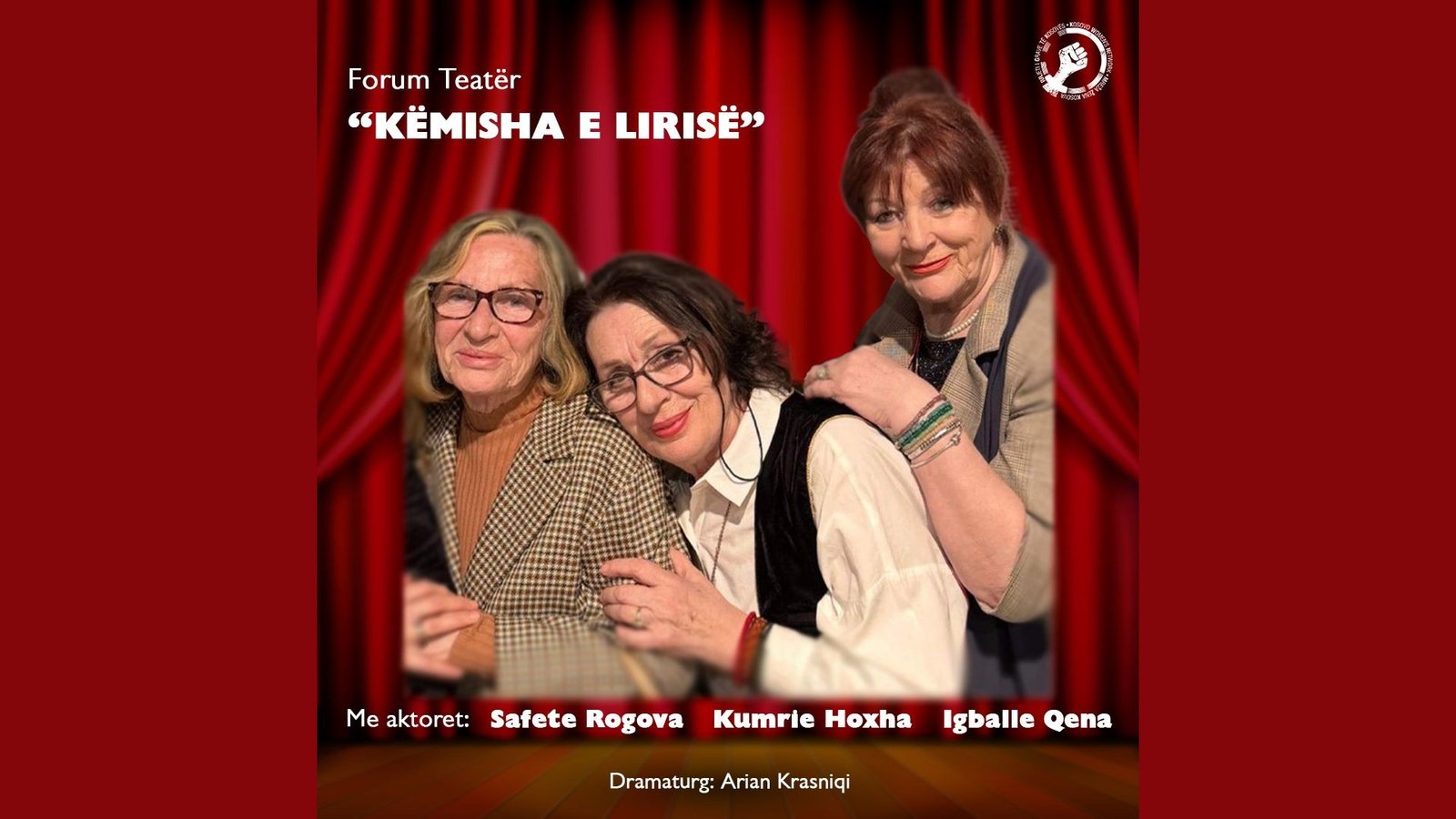The Gender Budget Watchdog Network presented their Working Paper, Illuminating the Issues: To What Extent Are Big Funders Walking the Gender Budgeting Talk?, in Nicosia at the European Conference for Gender Budgeting organised by the Cyprus Gender Budgeting Platform on 21-23 March. On behalf of the Network, KWN Programme Director and Lead Researcher Nicole Farnsworth presented the paper and received feedback from experts and academics engaged in gender-responsive budgeting throughout Europe and beyond. Drawing from their advice, the Network will revise the paper and present it at the forthcoming United Nations Commission on the Status of Women in New York in March.
During the conference, the three Gender Budget Watchdog Network members attending also had the opportunity to hear presentations and learn from prominent experts including Diane Elson, Angela O’Hagan, Elizabeth Klatzer and many more.
A key take away from the Conference for KWN was the importance of ensuring Kosovo’s tax system’s aims are aligned with the government’s broader aims for citizen wellbeing. Achieving wellbeing should not be dependent only on social transfers and assistance; the tax system holds opportunities for furthering wellbeing, too. For example, the government could remove income taxes for persons at the lowest tax brackets, such as minimum wage and below, while increasing income taxes for those with larger salaries. Additionally, the government could remove Value Added Taxes (VAT) on basic products (e.g., food, medicine, hygiene supplies) on which women depend and because such taxes affect women more than men given their comparatively lower salaries. Instead, VAT could be increased on luxury products. Such lessons learned from feminist economists, presented at the conference, have been used to inform KWN’s recent report on the informal economy.
Gender Budget Watchdog Network members also utilised the Conference to expand the network and its cooperation, discussing opportunities for future advocacy with other gender budget networks in Europe. For example, opportunities for future joint advocacy related to the European Union’s Multi-annual Financial Framework towards integrating improved attention to gender-responsive budgeting were discussed.
This trip was supported by the Austrian Development Agency and Sweden as part of their support to the Gender Budget Watchdog Network.





